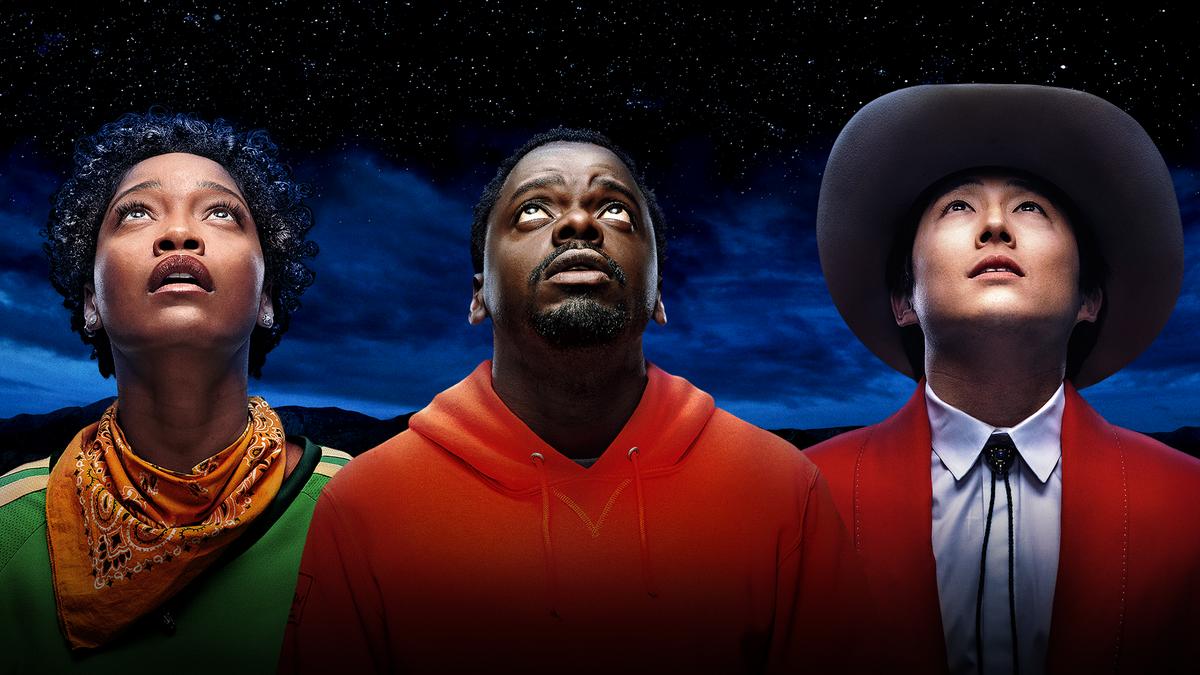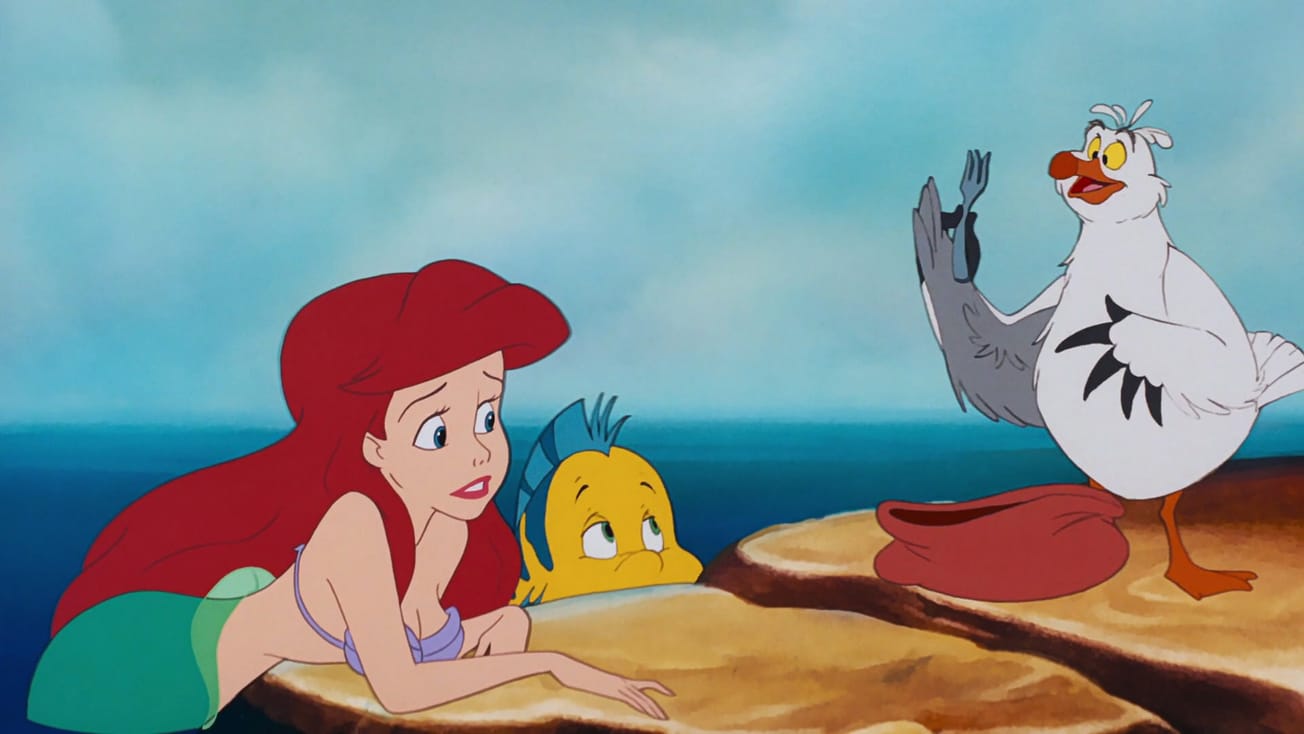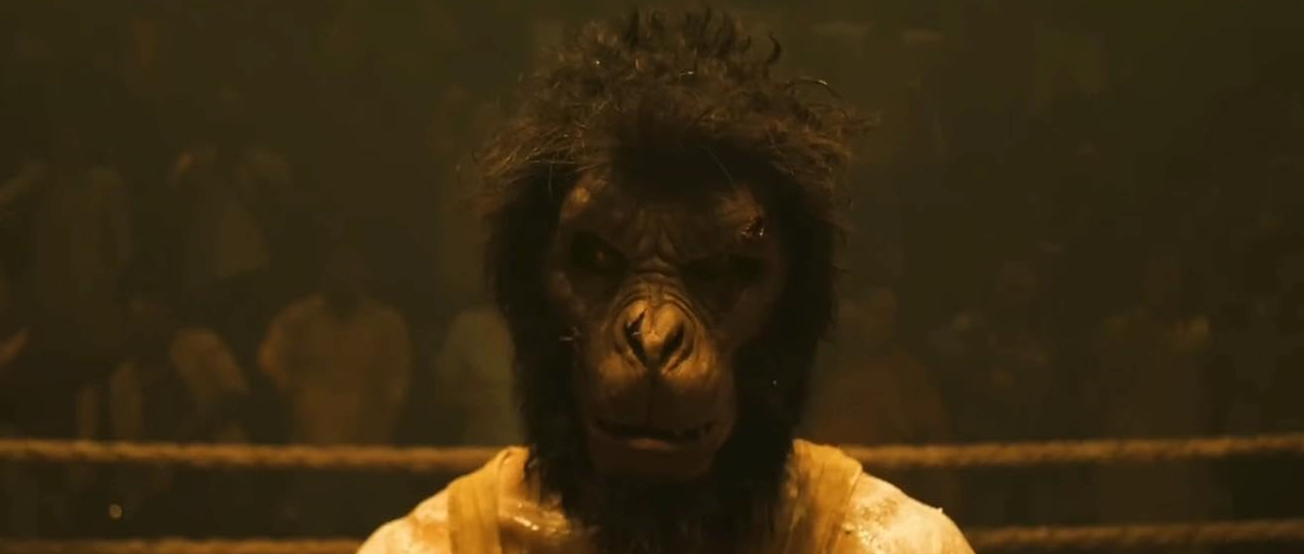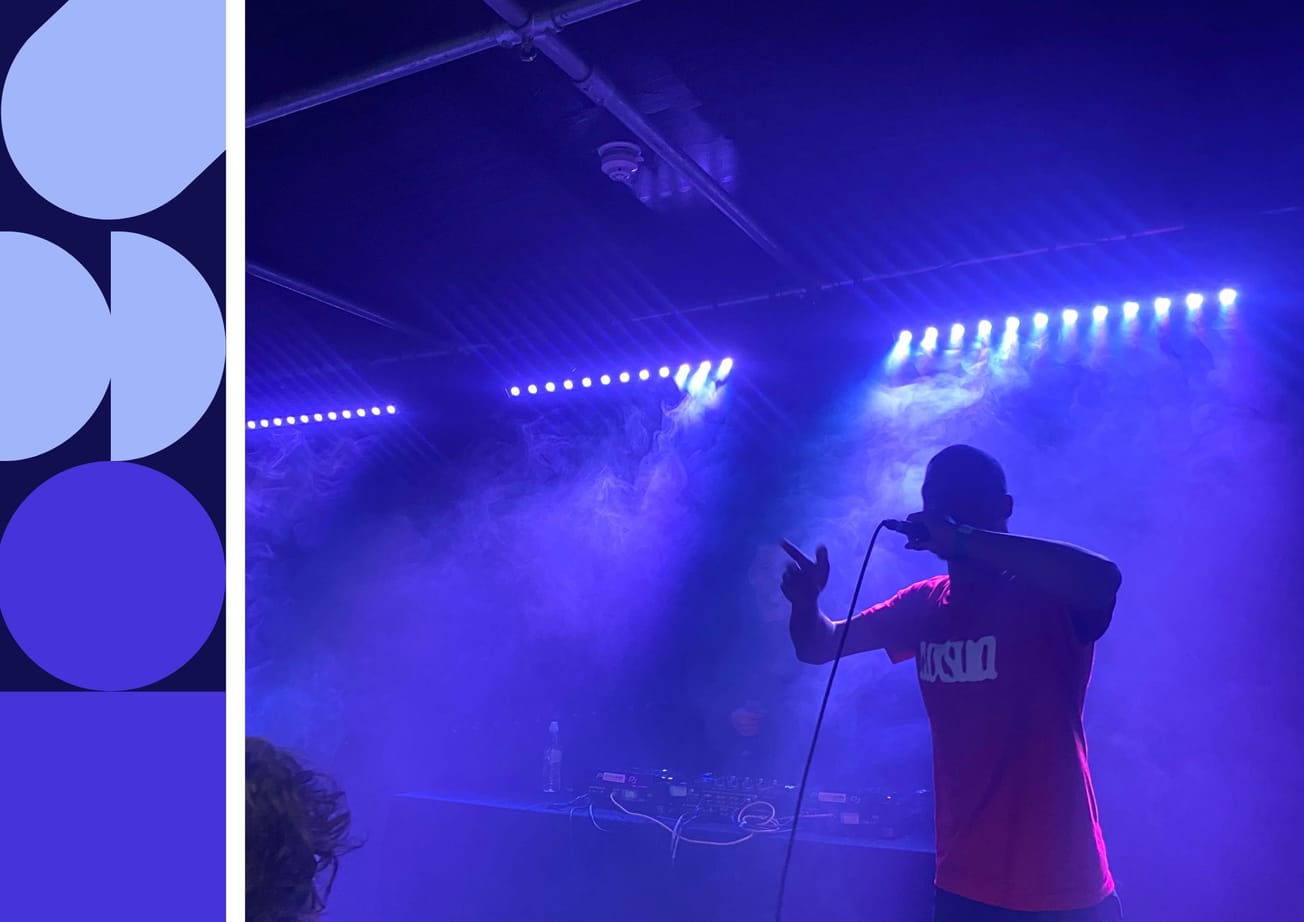By Barney Johnson, Third Year, Film and TV
Despite only making his directorial debut a half-decade ago, the multi-talented Jordan Peele has already established himself as both an accomplished filmmaker and screenwriter. Ahead of the release of his latest project NOPE on August 12, here's everything you can expect to see from Peele’s traversal into Sci-Fi-Horror, based on his already impressive contributions to the horror film industry over the recent years.
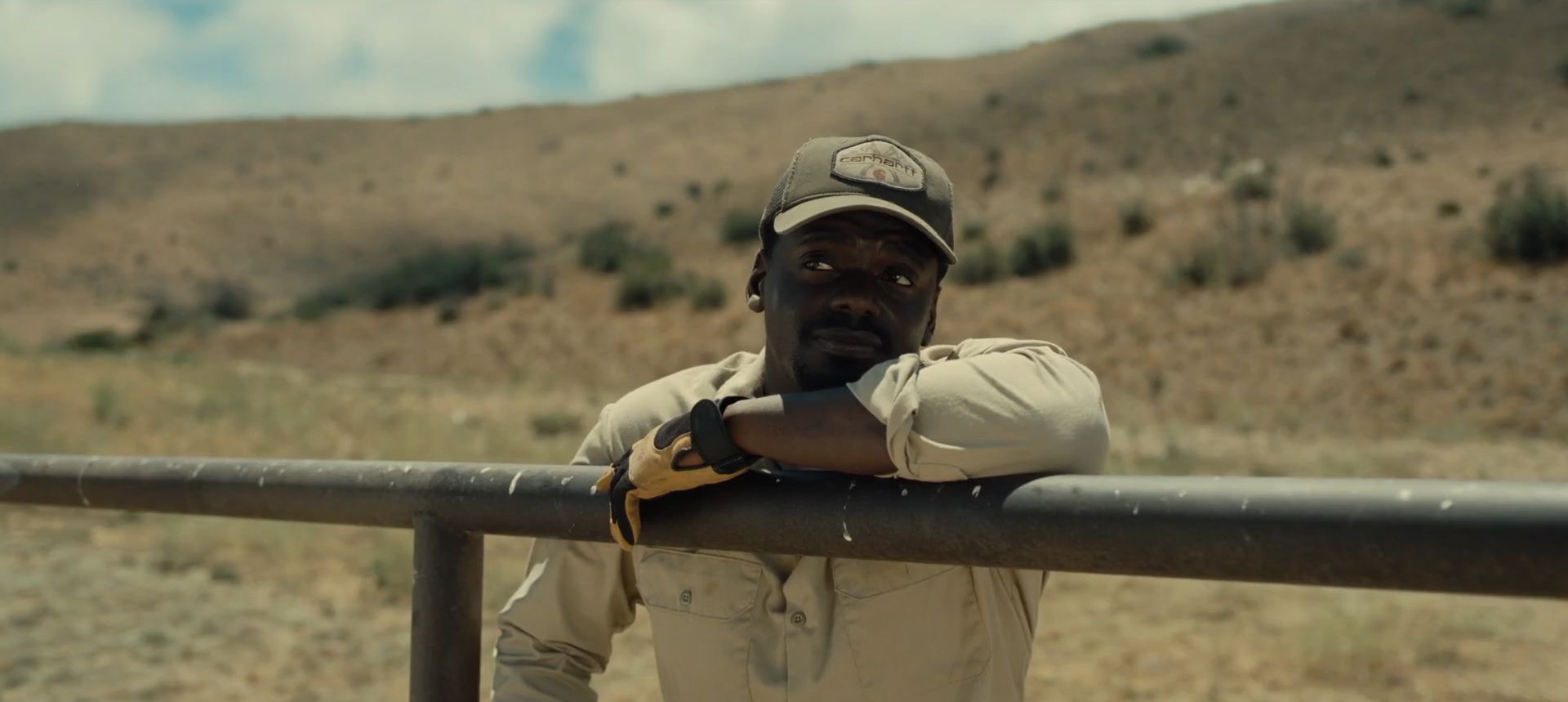
Rising to prominence as one half of the comedic duo Key & Peele, Jordan Peele’s ties to comedy have bled into his cinematic endeavours as his capacity for distinctive stylistic choices has permeated into the realm of the horror-comedy hybrid genre. Both Get Out (2017) and Us (2019) focus on surreal, nightmarish scenarios for their respective protagonists, yet a precise and effective balance is struck by Peele between the moments of abject terror and levitous humour in both films.
Whilst having access to comedic actors such as Lil Rey Howery in Get Out or Winston Duke in Us is certainly a virtuous resource, it should not overshadow how sharp and charismatic Peele’s dialogue can be – Peele even won Best Original Screenplay at the 2018 Oscars for Get Out. Nor should it discredit his ability to guide their performances so that they do not feel tonally jarring from the frightening cores of the narratives they appear in. As such, Peele has displayed a consistent and recognisable style in the tone of his films, and it is only logical to assume that NOPE will epitomise similar masterful pacing and charm.
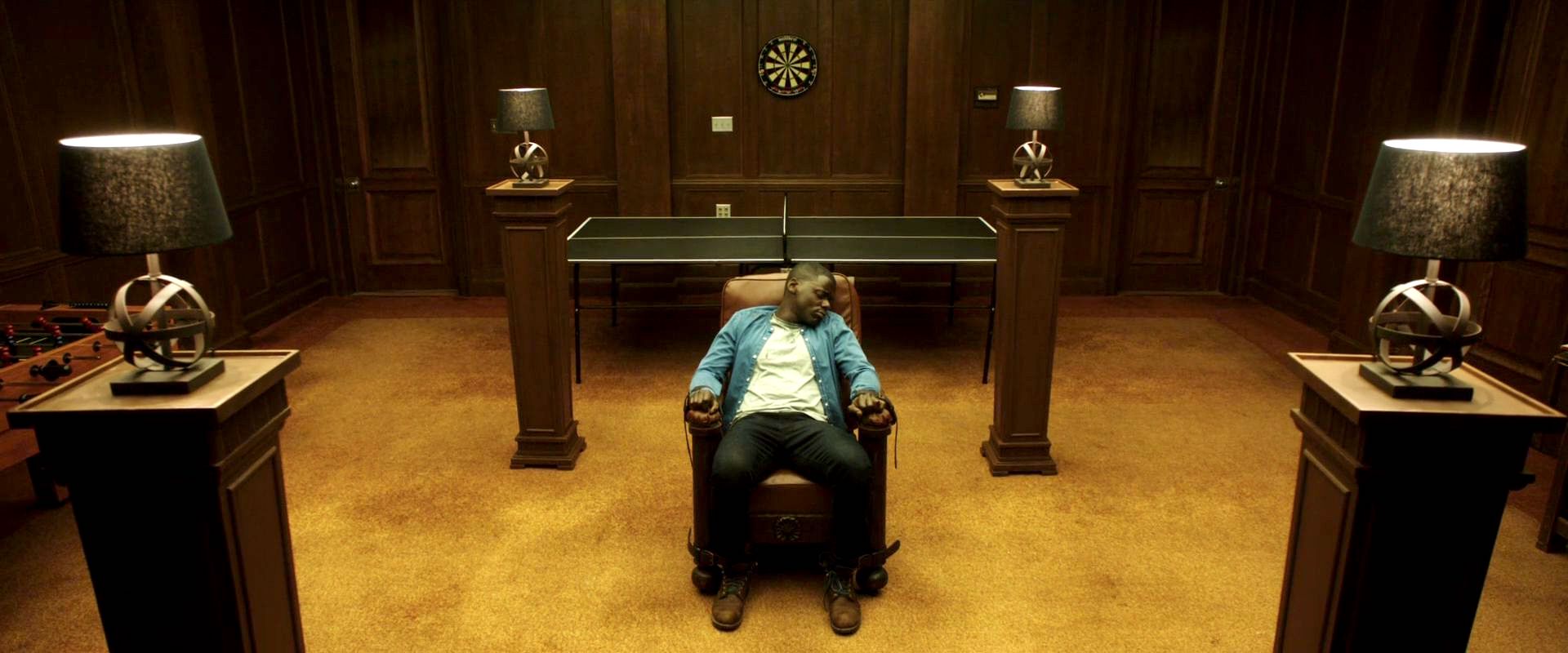
There are also some common throughlines thematically in his two cinematic entries thus far; perhaps the most pertinent being that of the dualistic identity, whether that be represented in the physical form of a murderous doppelganger in Us, or metaphorically through the non-consensual insertion of one person’s consciousness into another’s body in Get Out.
Though not a new concept in film writing, forcing a character to confront a part of themselves they fear is a particularly intimate and effective form of conflict, and with the umbrella of horror at his fingertips, Peele has given himself access to perhaps the greatest genre for externalising a character’s demons.
Get Out is enamoured with these stipulations of duality and internal clashing, whether it be protagonist Chris (Daniel Kaluuya) and his struggle with the trauma and guilt he ascertained as a child from the death of his mother, visualised stunningly and harrowingly as the ‘Sunken Place’ that Chris enters when being hypnotised, or the Armitage family and their depraved kidnappings of young black adults as new bodies for their patrons and dying relatives.
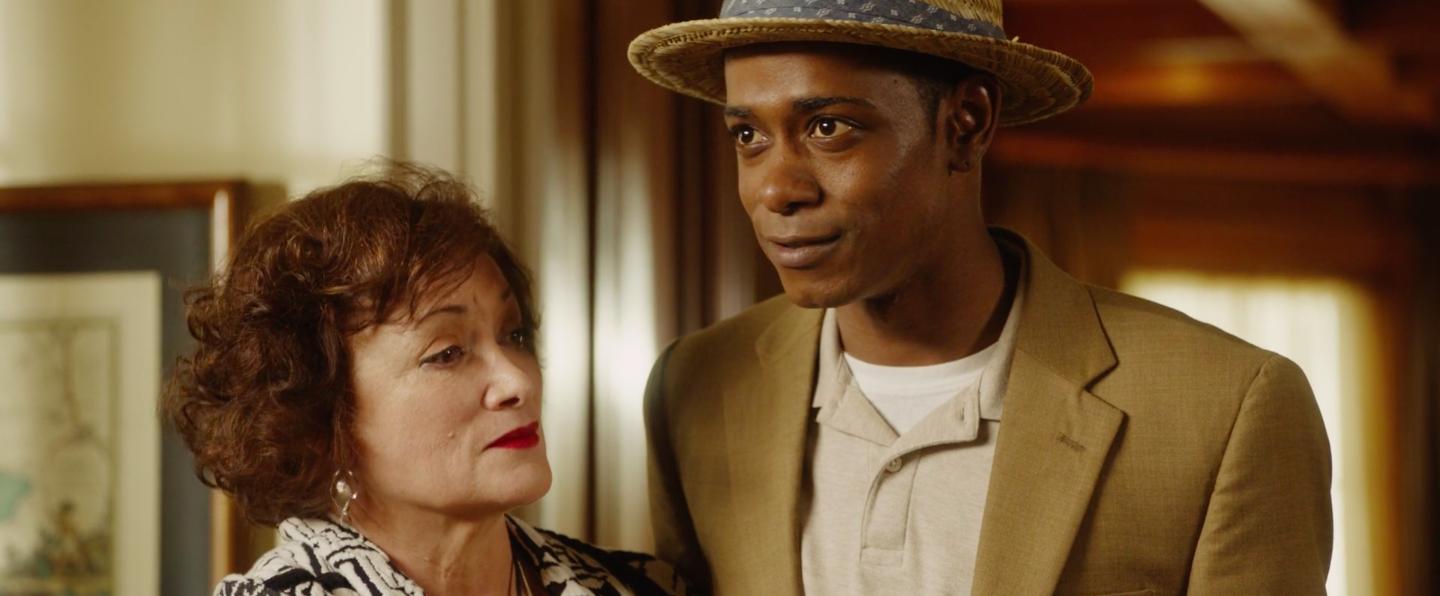
Although different altogether in the nature of the central conflict, Us also sees its main character, Adelaide (Lupita Nyong’o), struggle with traumas of her past, but in a physical manifestation of them known as the ‘Tethered’, a mysterious tribe of clones abandoned underground, led by her doppelganger ‘Red’, whose sole desire is to kill her double and replace her above ground.
In both films, Peele uses this device of duplicity for their crucial plot twists, with characters not appearing who they seem to be, transforming what is assumed by the viewer to be comfortable and safe into quite the opposite, and so this ability to unnerve the spectator is certainly within Peele’s storytelling capabilities.
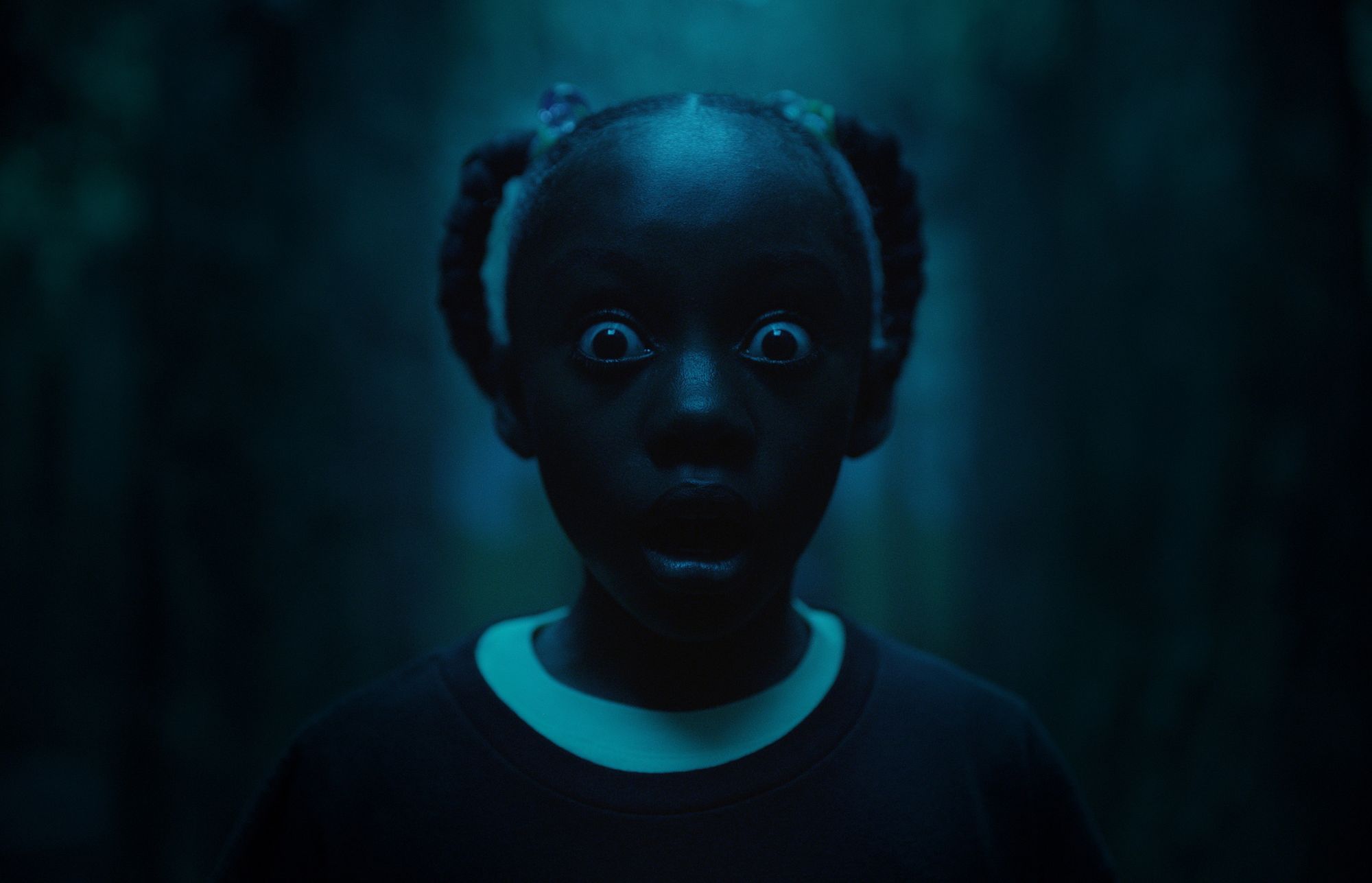
With NOPE seeing the return of Kaluuya as lead actor in a Jordan Peele film, having been previously nominated for an Academy Award for Best Performance in a Lead Role for Get Out, and having since won Best Performance in a Supporting Role for Judas and the Black Messiah (2021), there is little reason to expect anything other than a mesmerising and complex performance from him, with co-star Keke Palmer also given the platform to elevate her status as a rising star another step further.
NOPE follows a small community of people in inland California as they are made subject to an other-worldly revelation. Starring Daniel Kaluuya, Keke Palmer and Steven Yeun, it is Peele’s third time helming a film as both director and writer and seems to follow in the footsteps of his previous works, but with an extra-terrestrial tincture in the mix.
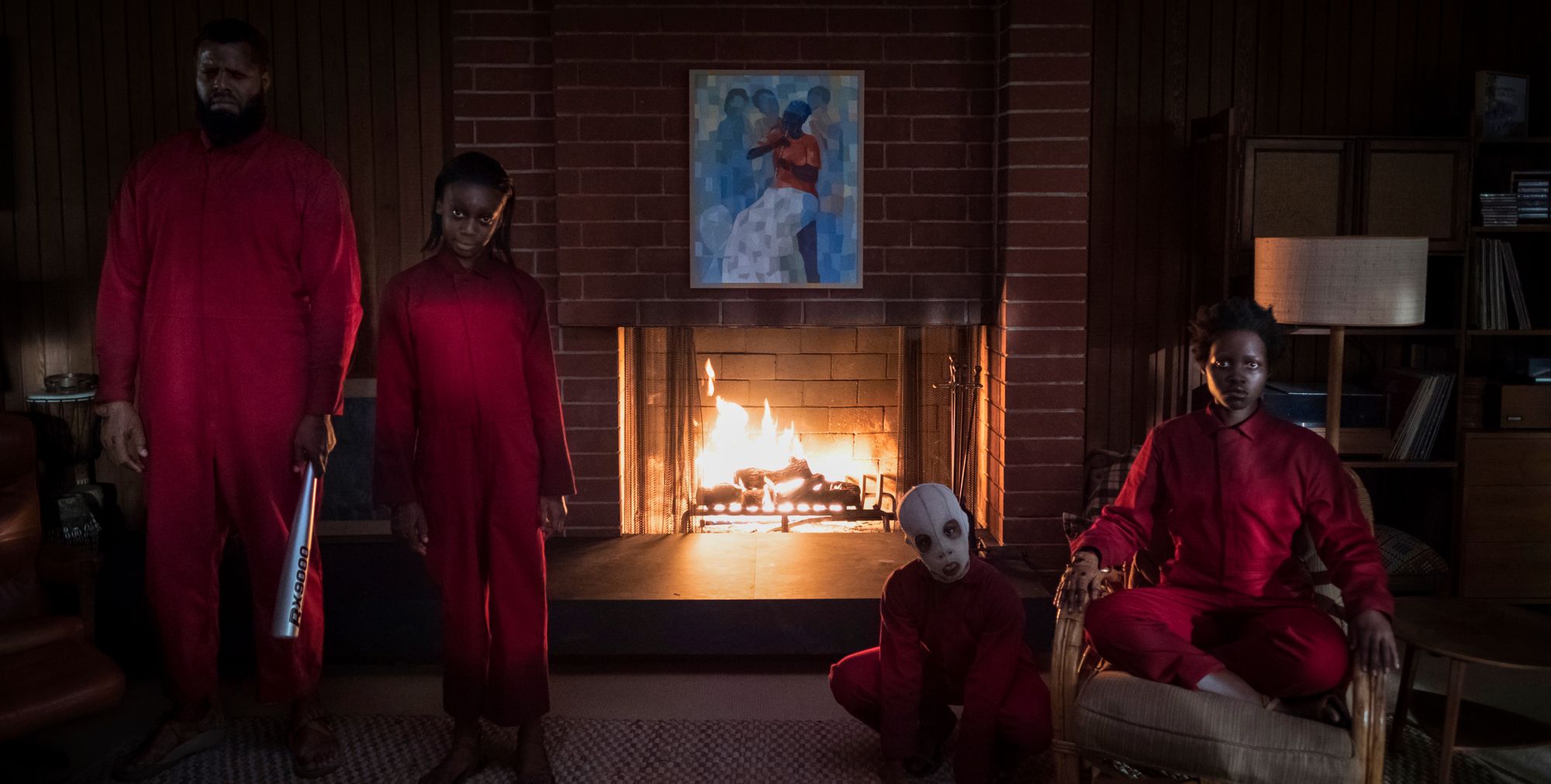
Another crucial element of the psychology behind Peele’s narratives that truly amplify their attempts at horror is the proposed notion of a character’s inability to escape, that intense feeling of entrapment and dread that his films exude. This instils a most relentless paranoia within both the character and, due to their alignment with said character, the viewer themselves.
Us especially conjures a similar effect in the back of one’s mind to that of David Robert Mitchell’s It Follows (2014), where the central threat is unrelenting in its lethal pursuit of the protagonist but without the twisted hope of being able to pass on the burden to someone else; Adelaide is forced to face her demon as the source of their mortal discord is a personal one, and as a result, the looming threat of her ‘Tethered’s’ arrival feels inevitable.
As such, with Peele delving into cosmic horror for the first time with NOPE, this feeling of inescapability, vulnerability and paranoia could be more intense than ever, as few concepts are quite as daunting as the vast expanse of the unknown, and what may dwell within it.
Featured Image: IMDB
With its release rapidly approaching, what do you hope to see from Peele's Nope?

